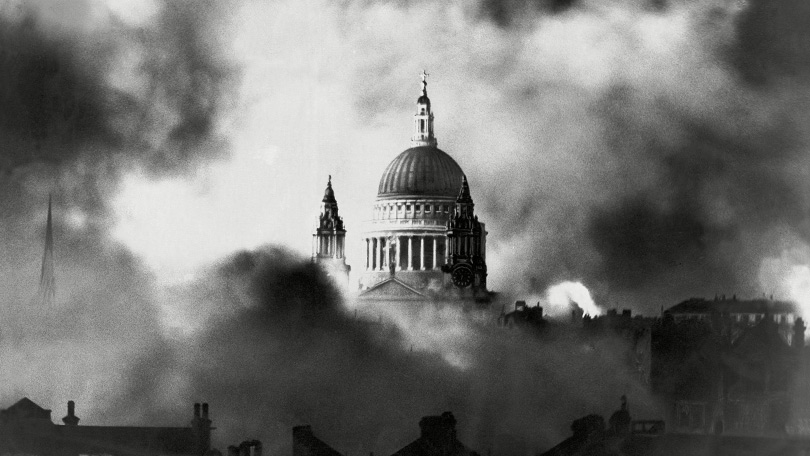On the night of 8th March 1941 a bombing raid over East London damaged a row of terraced houses on Commercial Road”.
These included a property that had recently been acquired by the London Mosque Fund to serve as a mosque for lascars and the local Muslim community. Fortunately, documents kept at the property escaped destruction. This was just one episode in the eventful history of the archives, which today, over 70 years later, are poised to be housed in a purpose-built archive strong-room at the Maryam Centre.
The archives will serve as a record of the activities of the London Mosque Fund, founded in 1910, and several other related Muslim institutions, for example the Indigent Muslim Burial Fund (founded 1925) and the Jamiatul Muslimin (founded 1934).These records are a treasure trove for future local history projects, genealogical enquiries, biographical work and studies of community development. There are letters from ordinary folk seeking help and advice and also correspondence with the great and the good of the times, for example Marmaduke Pickthall, Churchill’s contemporary at Harrow, novelist, and British Muslim leader who translated the Qur’an from Arabic to English in the 1930s, as well as other great scholars such as Abdullah Yusuf Ali, and Professor Hamidullah.
The mosque’s files include details of early interfaith ventures, such as its invitations to the B’nai B’rith and synagogues in the 1940s and 1950s. There are remarkable letters too of monies collected for communities in distress, Muslims and non-Muslim. An example of the latter is the letter sent by the Chair of Trustees
Sulaiman Jetha in 1972 to the Embassy of Nicaragua, with a cheque to help earthquake victims. The precise number of documents in the collection is difficult to gauge but it covers 26 linear metres – letters from other Muslim organisations and mosques, receipt books from funding appeals, campaign and lobby details, marriage records, and correspondence with central and local government. The preservation of such a quantity of records is remarkable given the many upheavals, such as the Second World War, and is purely due to the dedication of outstanding Trustees who were meticulous at record keeping and safeguarding their predecessors’ work. There are perhaps 250,000 records, and the East London Mosque Archive is perhaps unique in Western Europe as a repository of a mosque’s history and activities, chronicling the way Muslims have settled and established their roots.
In due course the Archives will include new acquisitions inshaAllah, particularly on organisations and individuals associated with the East London Mosque, so making it an important centre for research on Muslim heritage in Britain.


Recent Comments